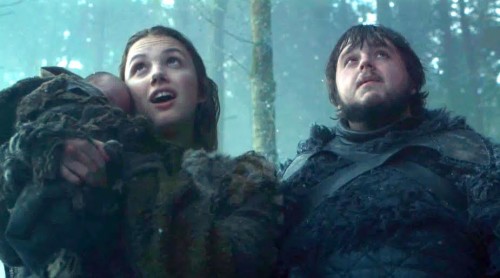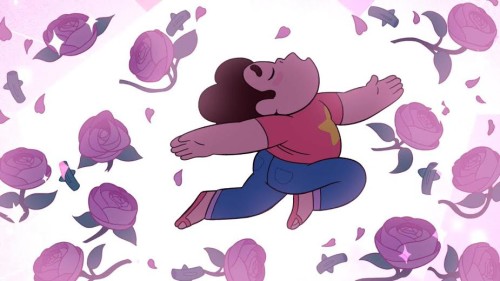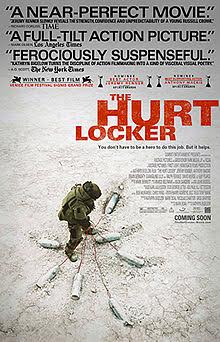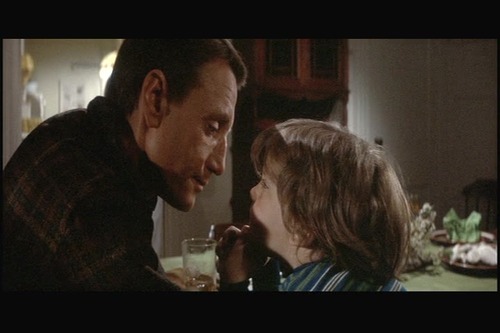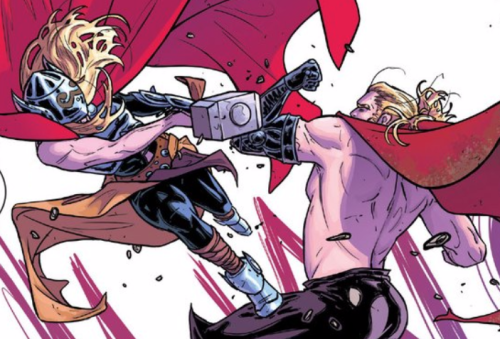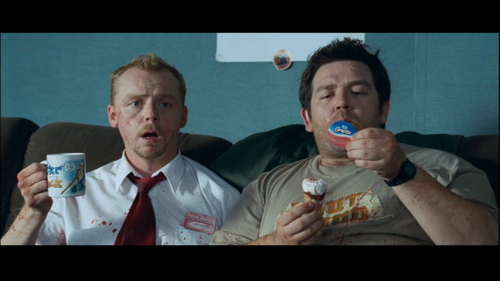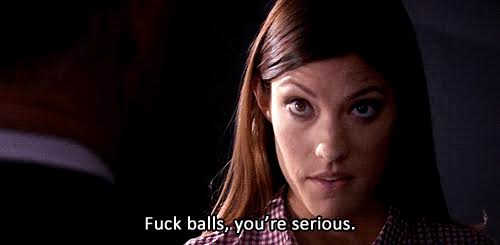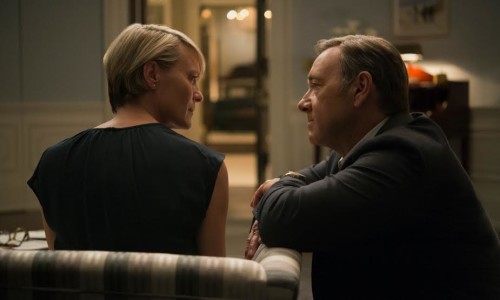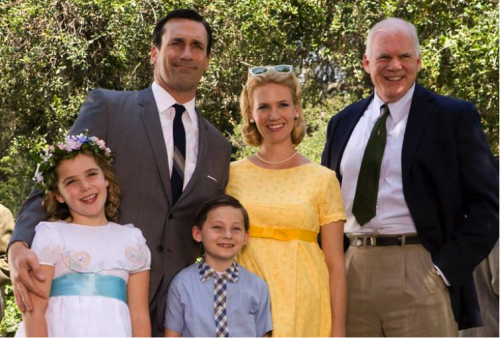This guest post by Jess Sanders appears as part of our theme week on Masculinity.
HBO are not my favourite showrunners. They spoil Game of Thrones for me. They use rape as a plot device and women as decoration – I mean, there is a guy working on the show who openly admits to playing “the pervert side of the audience” for god’s sake. Numerous times, I’ve wanted to stop watching out of sheer anger… but I just can’t.
While the presentation of the show is so inherently misogynistic, I am too invested in the characters and the story they’re telling. I love how George R. R. Martin (GRRM) gives us a world we can believe in, and nuanced storylines to read and watch (I just wish the show had been put into better hands to do them justice!).
Game of Thrones is a medieval fantasy. It is set in the kind of world that fairytales and folklore are made of. We’ve got dragons, brave knights, and beautiful maidens – all the components are there. GRRM could have made some easy money writing a romance: the handsome prince rescues the helpless princess; they all live happily ever after, the end. But nobody lives happily ever after in Game of Thrones.
Much like a fairytale, there are plenty of recognisable male tropes: warriors, lotharios, noble heroes. Game of Thrones is a story of rich and powerful patriarchs raising sons to be rightful heirs and trading their daughters in political power-plays. Boys are judged on their ability to swing a sword or work a trade, criticised for showing weakness, and taught to grow up hard and cold. Doesn’t sound unfamiliar, does it? Masculinity is praised in Westerosi society, as it is in our own.
But instead of championing macho ideals, GoT presents a wide range of fully developed male characters who are vulnerable, have real problems and vices, and are not tall, dark, handsome or at all “chiselled.”
My favourite of these is Samwell Tarly, played by John Bradley. I love Sam. He is so much the opposite of any sort of hero stereotype: he’s a fat, pink-faced coward who’s terrified of, well – most things. He’s not strong, he hates fighting, and he’s painfully shy around girls. He just isn’t “masculine” in the traditional sense of the word. But it’s Sam who first kills a White Walker with Dragon Glass. Since then, we haven’t seem him miraculously transformed into a warrior – because he isn’t and doesn’t want to be one – but when the White Walkers finally get to the wall, he might’ve actually saved the day.

Tyrion Lannister (Peter Dinklage) is another of my favourite unexpected heroes. He’s probably one of the best-loved characters on the show and, as a dwarf, could easily have had a loveable underdog story. But he’s not an underdog. Tyrion is an arrogant drunk who visits a lot of brothels. And he’s more than capable of being as cruel and calculating as the other Lannisters (just ask Maester Pycelle). On the other hand, he’s done noble things, like respecting Sansa’s wishes about consummating their marriage. He once slapped Joffrey in the face. Tyrion hasn’t become an all-around good guy or a complete “baddie” because his life has been hard, and we never have to feel sorry for or pity him – yeah, we’re on his side, but he’s not perfect and that makes him real.

Then there’s Gwendoline Christie as Brienne of Tarth. I know we were talking about men, but I really couldn’t write an article on masculinity and not mention Brienne could I? I think Brienne might just be my idol. On the surface, she is the typical “Joan of Arc” character: a tall woman in men’s armour, hair cut short, stony faced and over-sincere. Brienne refuses to be outwardly feminine – not just because it isn’t in her nature, but because she’s got too much to prove to show anything that could be considered “weakness.” But even then, she’s not a caricature. Brienne loved Renly Baratheon, so much so that she was willing to die for him – albeit not in a helpless way but in a dies-in-bloody-battle kind of way. She doesn’t want to be anybody’s little wife, but she’s not afraid to feel. Like many of the male characters, she seems to be driven by a strong sense of pride and duty, but for Brienne that’s about doing what’s right – not gaining power or status as her male counterparts have been conditioned to do.

It’s a difficult world to navigate for women. In contrast to Brienne, Cersei Lannister (Lena Headey) uses her sexuality to get what she wants. Olenna and Margaery Tyrell (Diana Rigg, Natalie Dormer) work together, using a combination of Olenna’s wisdom and Margaery’s beauty as their weapon, to secure a future for their House. The women of Westeros live all their lives controlled by men – they use any tool available to take some of that power back.

The more I’ve written about masculinity here, the more I could have written about. I feel like I could have done a whole article’s-worth of writing on each of the characters I’ve mentioned and more. I think that’s a testament to the overwhelmingly varied range of diverse and complex characters to be found in the show and books.
George R. R. Martin has presented us a patriarchy that’s falling apart, with men too wrapped up in their power struggles and wars to notice the impending threat of White Walkers, and the arrival of winter. Over the course of writing, I realised how many of the stereotypically masculine characters are now dead, while the thinkers and the “weaker” characters live:
- King Robert Baratheon: warrior, womaniser, drunkard – suffered an “unfortunate hunting accident”
- Ned Stark: noble Northman – had his head cut off,
- Robb Stark: hero and “King in the North” – slaughtered at his wedding feast,
- Stannis Baratheon: cold-hearted and dutiful “rightful King” – has (presumably) had his comeuppance at the hands of Brienne,
- Khal Drogo: Dothraki warrior – cursed,
- Jon Snow: (I know! I know! Sorry!); hero and dutiful Commander of the Night’s Watch – ambushed and stabbed to death (?) by his Brothers at the Wall,
- Tywin Lannister: ruthless, formidable patriarch – shot with a crossbow on the toilet (by Tyrion, no less),
- King Joffrey Baratheon: cruel, spoilt boy-king – poisoned on his wedding day.
It seems that, in Game of Thrones, being “manly” might get you glory, but it might also get you killed. Valar Morghulis, after all.
Jess Sanders is a 22-year-old feminist and writer from “The North” (otherwise known as Yorkshire, England). She can be found tweeting excitedly or angrily at @jsssndrs.
